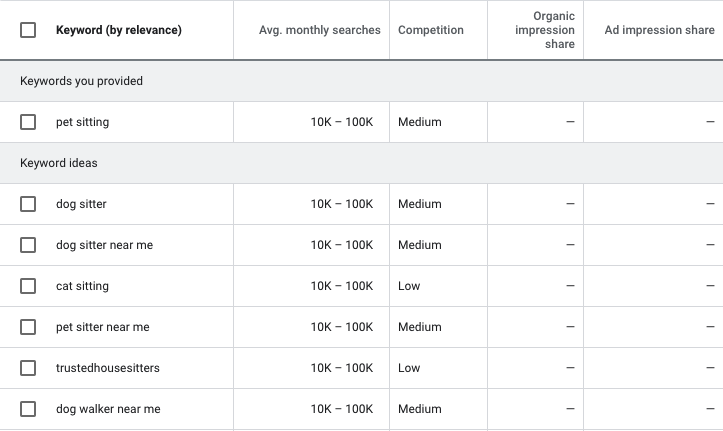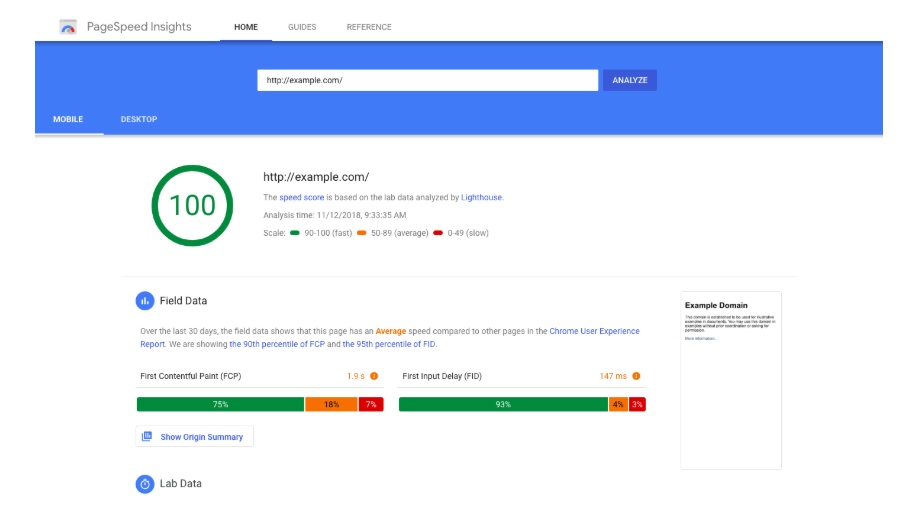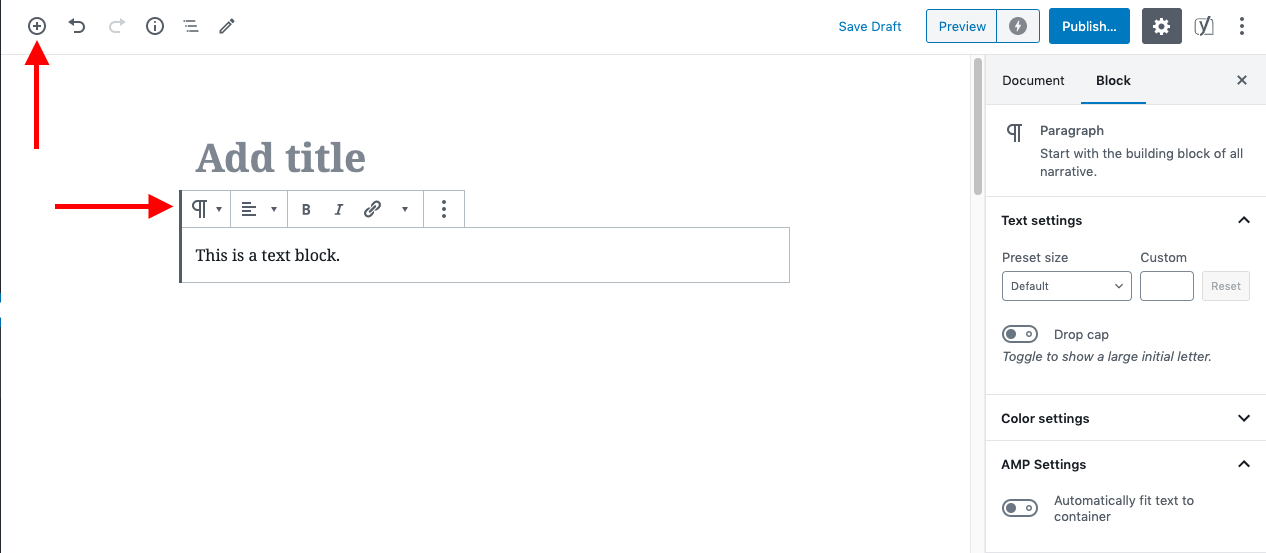SEO for Pet Sitters
& Pet Sitting CompaniesWhen pet parents need to get someone to watch their dog, cat, bird, rabbit or other furry friend, they use a search engine to find a pet sitter.
Learn how you can use SEO and get more business for your pet sitting company.
Exactly What is SEO?
SEO, short for Search Engine Optimization, helps get your pet sitting website to appear in search engine results when people are searching for keywords like “pet sitter,” “cat sitting,” “in-home dog watcher” and other terms people enter when searching for pet sitters.

What Does SEO for Pet Sitters Cost?
Help from a pro costs between $500-750 (or even more per month), and your actual cost will depend on the scope of the SEO engagement.
Most pet sitters are small companies and need a more affordable solution. If you have some time to work on your marketing, consider a DIY SEO option for pet sitting companies like the one offered by Jess. For $29 per month, you get step-by-step instructions that show you exactly how to optimize your website yourself, analytics tracking that measures your results, and access to “Office Hours” webinars to get tips from our SEO experts.
How Does SEO Make My Dog Sitting Company Website Rank Better?
SEO involves making many small changes to the pages on your business website that makes them more likely to rank higher in the search engines. When users type in keywords, they are really asking questions. Pages that answer these questions better, load quickly, securely, and without errors, and are viewed as more trustworthy by search engines are more likely to rank higher.
In theory, it’s pretty straightforward, but it takes time to optimize your pet sitting website. It involves:
- Making sure your current website thoroughly describes all of the pet sitting services you offer
- Improving user experience throughout your website
- Showing your website is authoritative and trustworthy
- Developing new content on your website that describes what makes your pet sitting service different in more detail or that educates your prospects and customers about questions they should ask before hiring a pet sitter
The above outcomes are achieved through SEO tactics called on-page optimization, technical SEO, link building, and content development.
On Page Optimization
Keyword Research
On-page optimization involves knowing what terms people use when searching for someone to watch their dog or cat and making sure you use these words and phrases on your site. The first step is keyword research which helps you know exactly what people are searching for and how often. “Dog sitter” is the most popular keyword phrase people search for when they are looking for businesses like yours and “dog sitter near me” is the second most popular. It also helps to know about more specific keywords people use to search. For example, people search for in-home pet sitting as well as sitting for cats, birds, and bunnies. Next, you place keywords on your page in your site’s title tag, meta description, page text, and headings. While there are plenty of keyword research tools and articles on how to title tags, you will get better results and save hours of time by hiring an SEO pro or leveraging a DIY SEO platform with suggestions specifically for solo pet sitters and small pet sitting companies, like Jess.
Technical SEO
Technical SEO makes sure your site is fast, secure, and can be crawled by search engines. Google’s Page Experience that went live in June, 2021 makes technical SEO a bigger priority than ever. Contact your web developer if your site isn’t secure or if it seems slow. They should be able to help you speed it up. You can also improve site speed yourself by editing the photos in your gallery and throughout your so they are as small as possible as well compressed and optimized for use on your pet sitting website.
Content Development
Most pet sitter’s websites are just a few pages, and many are just one page. This doesn’t give you much space to tell search engines or your prospects much about your services and rates. If this describes you, consider adding some new pages to your website. Consider creating separate pages that go into detail about your process or individual animals you sit for including dogs, cats, rabbits, birds, and reptiles.



